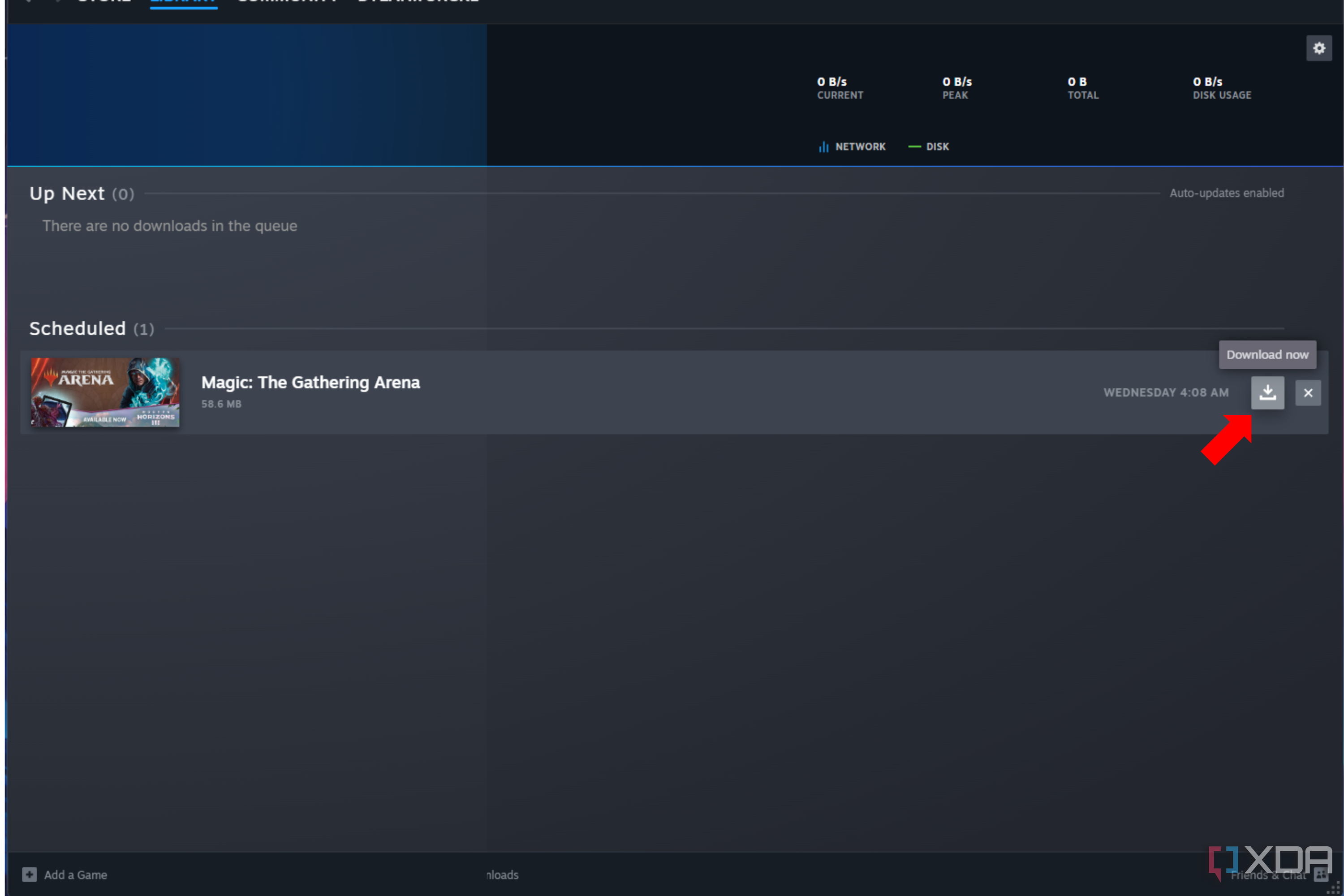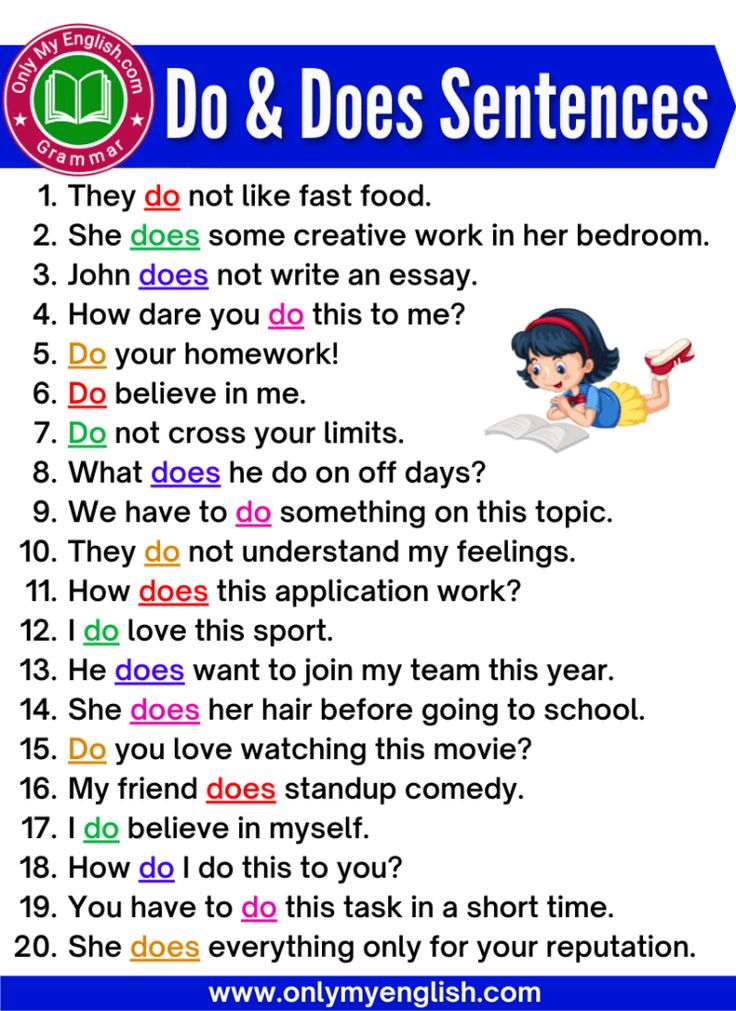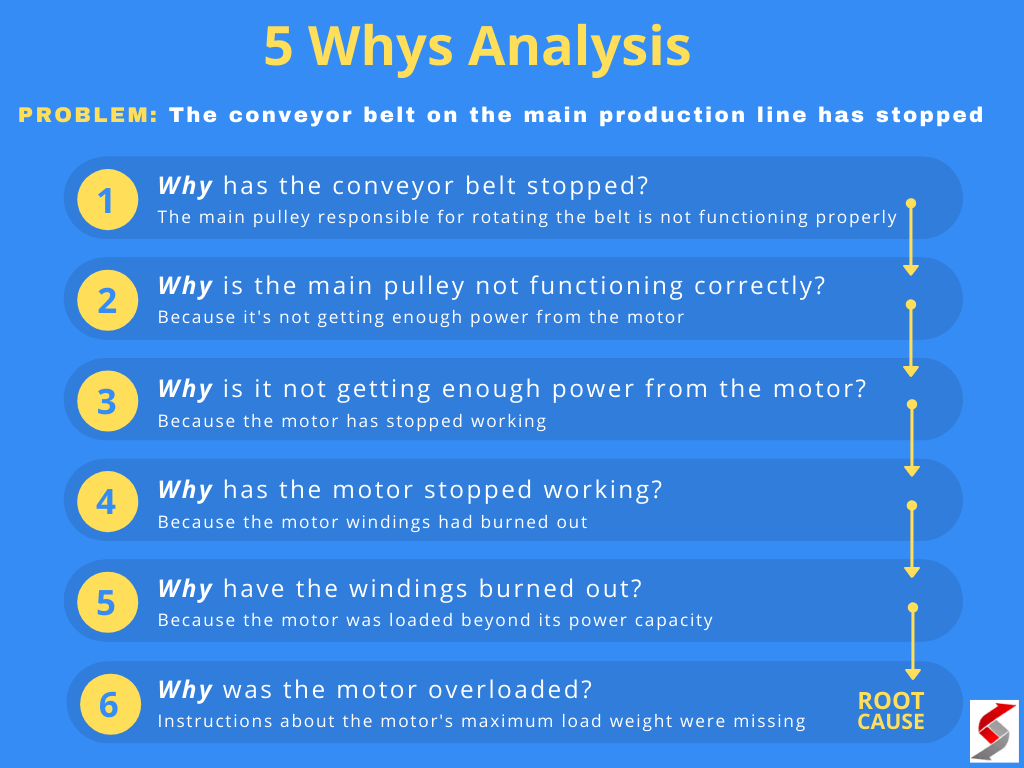Unlocking Career Satisfaction: Why Your Personality Style Matters in Career Choice
Introduction: The Crucial Link Between Personality and Career Success
Choosing a career is one of the most impactful decisions you will make in your lifetime. While skills, education, and market demand often dominate career conversations, one factor consistently proven to affect long-term satisfaction and performance is personality style . Understanding and leveraging your personality traits can make the difference between a job you merely tolerate and a profession that energizes and fulfills you [1] .
How Personality Influences Career Outcomes
Personality shapes your approach to work, communication style, motivation, and even how you manage stress. When your work environment and tasks align with your personality, you are more likely to excel and experience higher job satisfaction [2] . For example, someone who scores high in extraversion may thrive in collaborative, fast-paced environments, while an individual who prefers introversion might excel in roles requiring deep concentration and autonomy [3] .
Key Benefits of Matching Career to Personality
- Job Satisfaction: Careers suited to your personality tend to be more enjoyable, leading to lasting fulfillment [2] .
- Motivation and Engagement: You’re naturally driven to perform well in roles that resonate with your preferences.
- Leveraging Strengths: Your innate talents are more likely to be recognized and utilized, enhancing your professional growth [3] .
- Workplace Harmony: Understanding your own style improves communication and collaboration with colleagues [1] .
Understanding Personality Models for Career Planning
Several established frameworks help individuals assess their personality and connect it to suitable careers:

Source: juicyfreeware.weebly.com
Myers-Briggs Type Indicator (MBTI)
The MBTI model categorizes individuals into 16 personality types, providing insights into how you make decisions, communicate, and approach tasks. Many career counselors use MBTI results to guide clients toward roles that fit their natural preferences [1] . For example, an ISTJ may gravitate toward structured roles in accounting or administration, while an ENFP might thrive in creative, people-oriented fields.
Holland’s Theory of Career Choice
Dr. John Holland’s widely researched model links six personality types-Realistic, Investigative, Artistic, Social, Enterprising, and Conventional-to compatible careers. According to Holland, individuals are happiest and most successful when their work environment matches their personality type [5] . For example, Artistic types enjoy creative roles, while Conventional types excel in structured, data-driven positions.
Big Five Personality Traits
The Big Five model assesses Openness, Conscientiousness, Extraversion, Agreeableness, and Neuroticism. Research demonstrates that these traits predict preferences for specific job roles and how individuals enact those roles on the job [3] . For instance, high Conscientiousness correlates with success in detail-oriented and organizational positions.

Source: fogwing.io
How to Assess Your Personality for Career Planning
Assessing your personality is a critical first step towards informed career choice. Here’s how you can approach the process:
Step 1: Take a Verified Personality Assessment
Begin by selecting a reputable assessment tool, such as the official Myers-Briggs Type Indicator or consult with a licensed career counselor who can administer validated assessments. Many universities and professional organizations offer personality tests for career planning; check with your local career services office or educational institution [4] .
Step 2: Reflect on Your Results
Review your assessment outcomes and identify the core traits that define your style-such as your preferred work environment, decision-making process, and communication methods. Consider journaling or discussing findings with a mentor or coach to clarify how your personality aligns with specific industries or roles.
Step 3: Research Compatible Careers
Using your assessment results, explore careers known to suit your type. For example, MBTI websites and career databases offer lists of recommended roles for each personality type. If you’re uncertain about online sources, consult the career development office at your institution or seek guidance from professional organizations relevant to your interests.
Step 4: Gain Experience and Evaluate Fit
Internships, volunteer work, and informational interviews are invaluable for testing your fit in prospective fields. Take advantage of career fairs and networking events to meet professionals and gain insights into day-to-day realities of various roles [4] . If you discover a mismatch, remember it’s never too late to pivot towards a more suitable career path [2] .
Addressing Challenges: Personality Fit Isn’t Always Obvious
Some individuals may struggle to identify their true personality style or feel pressured to choose careers based solely on market demand or external expectations. If you’re facing uncertainty:
- Consider working with a certified career coach or counselor for personalized advice.
- Engage in self-reflection and be open to trying new experiences; your sense of fit may evolve over time [2] .
- Remember that personality does not determine skill-it’s a guide to environments and tasks where you are most likely to thrive [1] .
Alternative Approaches to Career Selection
While personality assessments are powerful, they’re not the sole factor in career choice. Consider integrating additional strategies:
- Conduct informational interviews with professionals in your fields of interest to understand diverse perspectives.
- Use skills inventories and interest surveys alongside personality tests for a holistic understanding of your fit.
- Stay flexible; many people change careers multiple times and find satisfaction in unexpected roles.
Taking Action: Resources and Next Steps
If you’re ready to align your career with your personality style, follow these actionable steps:
- Schedule a meeting with your institution’s career services office to discuss assessment options and career planning resources.
- Search for “personality assessments for career planning” at reputable educational or professional organizations.
- Connect with professional associations in your field of interest for mentoring and guidance.
- Explore online career databases and official MBTI or Holland Code resources for lists of recommended roles.
If you need expert support, contact a certified career counselor through your local college, university, or professional association. They can administer validated assessments and guide you toward careers that suit your personality and values.
Conclusion: Build a Fulfilling Career on Your Unique Strengths
Considering your personality style when choosing a career is an investment in your professional happiness and growth. By understanding your unique traits and preferences, you can make informed decisions, leverage your strengths, and build a rewarding career path. Remember: the key to lasting satisfaction is not only what you do, but how well it aligns with who you are.
References
- [1] Myers & Briggs Foundation (2023). Personality Type and Careers.
- [2] World Innovators (2023). What Role Does Personality Play In Your Career Choice?
- [3] de Jong, N. et al. (2019). Personality Traits and Career Role Enactment.
- [4] University of Arizona Graduate Center (2025). Leveraging Personality Assessments for Effective Career Planning.
- [5] Career Key (2019). Holland’s Theory of Career Choice.
MORE FROM gowithdeal.com













